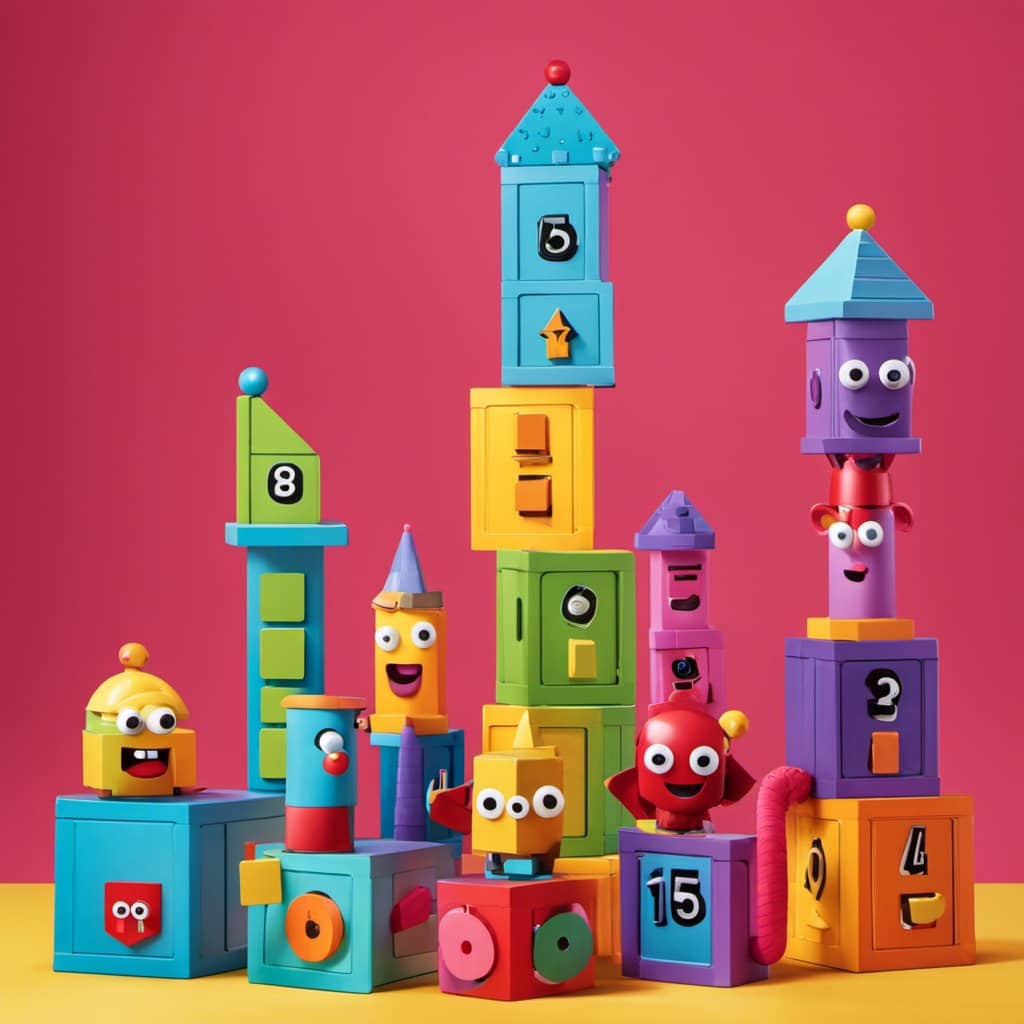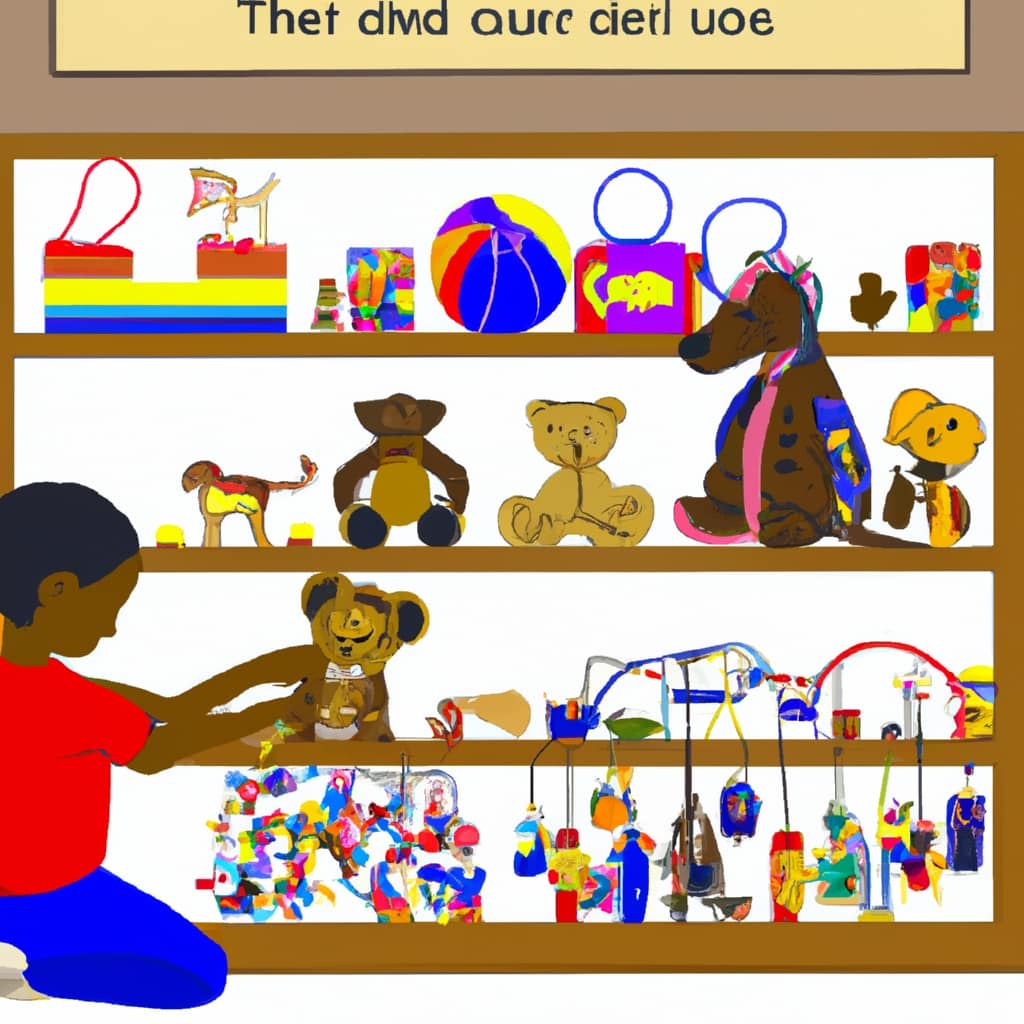As a scholar in childhood development, the intricate factors that shape a child’s understanding of right and wrong continuously fascinate me. The way in which cognitive, social, linguistic, psychological, and neurological dimensions converge to construct a child’s sense of morality is profoundly engaging.
These developmental processes work in tandem, allowing children to navigate the complexities of morality and make thoughtful, ethical choices. In this article, we will delve into the various developmental factors that influence a child’s moral understanding, exploring the research, theories, and data that shed light on this intriguing subject.
Key Takeaways
- Cognitive development plays a crucial role in helping children understand the difference between right and wrong.
- Social influences, such as peer pressure, significantly shape a child’s sense of morality.
- Language development contributes to a child’s understanding of moral concepts and allows them to express their thoughts and needs.
- Psychological and neurological development are important factors in a child’s ability to differentiate between right and wrong and make ethical choices.
Cognitive Development and Moral Understanding
Cognitive development helps me understand the difference between right and wrong, as I go through different stages of moral reasoning identified by Lawrence Kohlberg. According to Kohlberg’s theory, moral development progresses through three main stages: pre-conventional, conventional, and post-conventional.
In each stage, cognitive abilities and understanding of moral principles evolve. The role of empathy in moral development is crucial. Empathy allows individuals to understand and share the feelings of others, which promotes prosocial behavior and moral reasoning.
Cultural differences also impact moral understanding. Different societies have varying moral values and norms, which influence individuals’ moral judgments. Cultural diversity can broaden perspectives and challenge one’s own moral beliefs.
Understanding the impact of empathy and cultural differences on moral understanding is essential for fostering moral development and promoting ethical behavior in diverse societies.

Kohlberg’s Stages of Moral Reasoning
As a child grows, they go through different stages of moral reasoning according to Lawrence Kohlberg. Kohlberg identified six stages of moral development, which are divided into three levels.
The first level is the pre-conventional level, where moral judgments are based on obedience and avoiding punishment.
In the second level, the conventional level, moral reasoning is influenced by societal rules and norms.
The final level is the post-conventional level, where individuals develop their own moral principles based on justice and equality.
These stages of moral reasoning provide a framework for understanding how children develop their sense of right and wrong. By progressing through these stages, children gain a deeper understanding of morality and develop the ability to make ethical decisions.
Understanding the moral development stages is crucial for educators and parents to support children’s moral growth and guide them towards becoming ethical individuals.
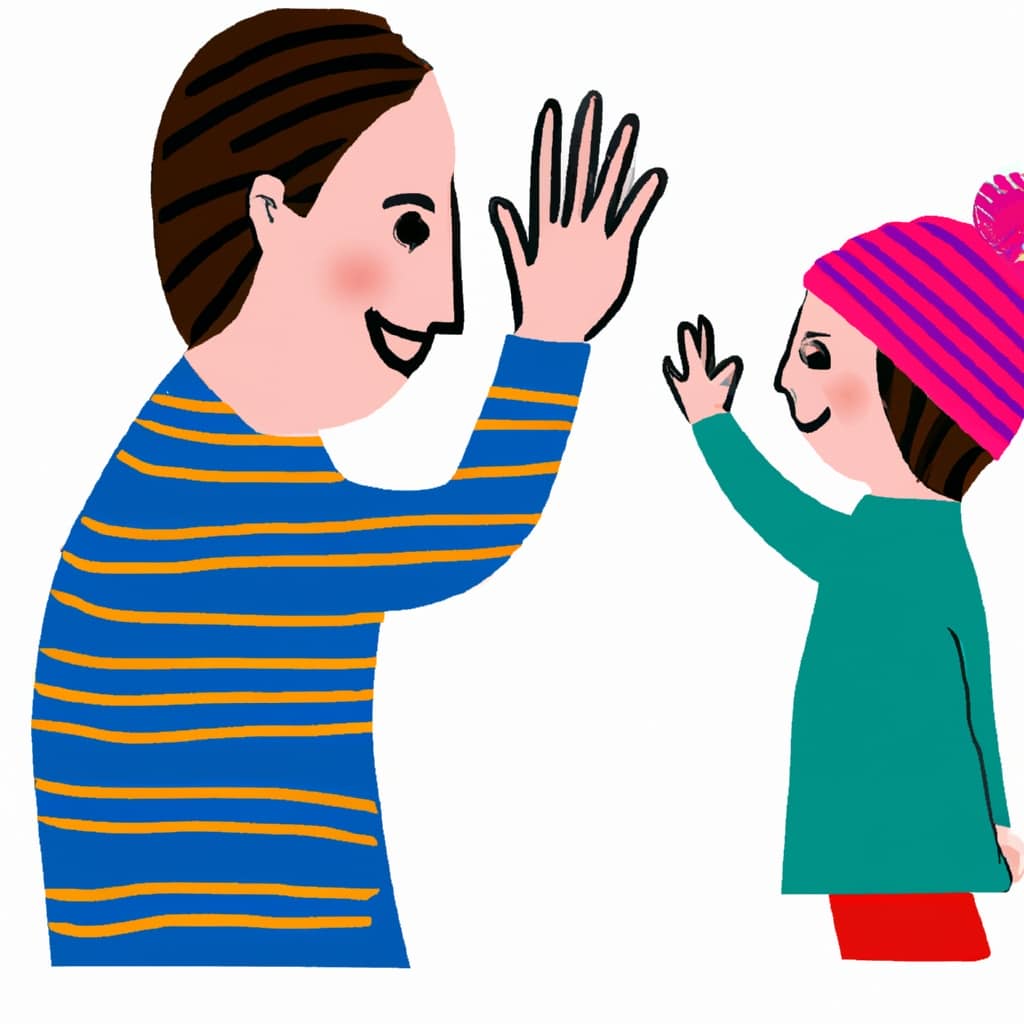
The Importance of Moral Education
Growing up, I believe that moral education is essential in shaping a child’s values and guiding them towards making ethical choices. Research has shown that parents play a crucial role in moral education. They serve as the primary teachers and role models, instilling values and teaching children about right and wrong.
A study conducted by Eisenberg et al. (2015) found that parents who actively engage in moral discussions and provide guidance on ethical dilemmas have children who exhibit higher levels of prosocial behavior and empathy. This suggests that moral education at home positively impacts social behavior.
Furthermore, a meta-analysis conducted by Killen and Smetana (2015) revealed that moral education programs in schools also have a positive impact on social behavior, promoting fairness, cooperation, and moral reasoning skills.
Therefore, it is clear that moral education, both at home and in schools, plays a vital role in shaping a child’s values and influencing their social behavior.
Social Influences on Moral Development
Peer pressure, especially during adolescence, has a significant impact on shaping my sense of right and wrong. Research shows that the influence of peers can lead to moral conflicts and dilemmas.
Adolescents are more likely to engage in risky behaviors and make questionable decisions when influenced by their peers. They may feel pressured to conform to their friends’ actions, even if they know deep down that it goes against their own moral compass. This can create internal conflicts and dilemmas, as they navigate the desire to fit in with the need to make ethical choices.

Peer influence can be powerful, as adolescents seek validation and acceptance from their peers. Understanding the influence of peers on moral development is crucial in developing strategies to help adolescents make ethical decisions and resist negative peer pressure.
Language Development and Moral Understanding
Language acquisition enhances my comprehension of right and wrong, allowing me to express my thoughts, feelings, and needs more effectively. It is a crucial aspect of cognitive development and plays a significant role in moral reasoning. Here are four key points about the relationship between language acquisition and moral understanding:
-
Language milestones align with cognitive development: As children acquire language skills, they are also developing their cognitive processing abilities. This cognitive growth enables them to understand and internalize moral concepts and principles.
-
Language development contributes to overall moral development: Through language acquisition, children can communicate their moral thoughts and engage in moral discussions with others. This facilitates the development of moral reasoning and ethical decision-making skills.
-
Language acquisition fosters a deeper understanding of the world: As language skills expand, children are exposed to a wider range of perspectives and ideas. This exposure enhances their moral understanding by allowing them to consider different viewpoints and evaluate the consequences of their actions.
-
Language acquisition and moral reasoning are intertwined: Language provides the foundation for moral reasoning by enabling children to articulate their moral judgments and understand the moral judgments of others. It allows them to express empathy, negotiate conflicts, and develop a sense of fairness and justice.
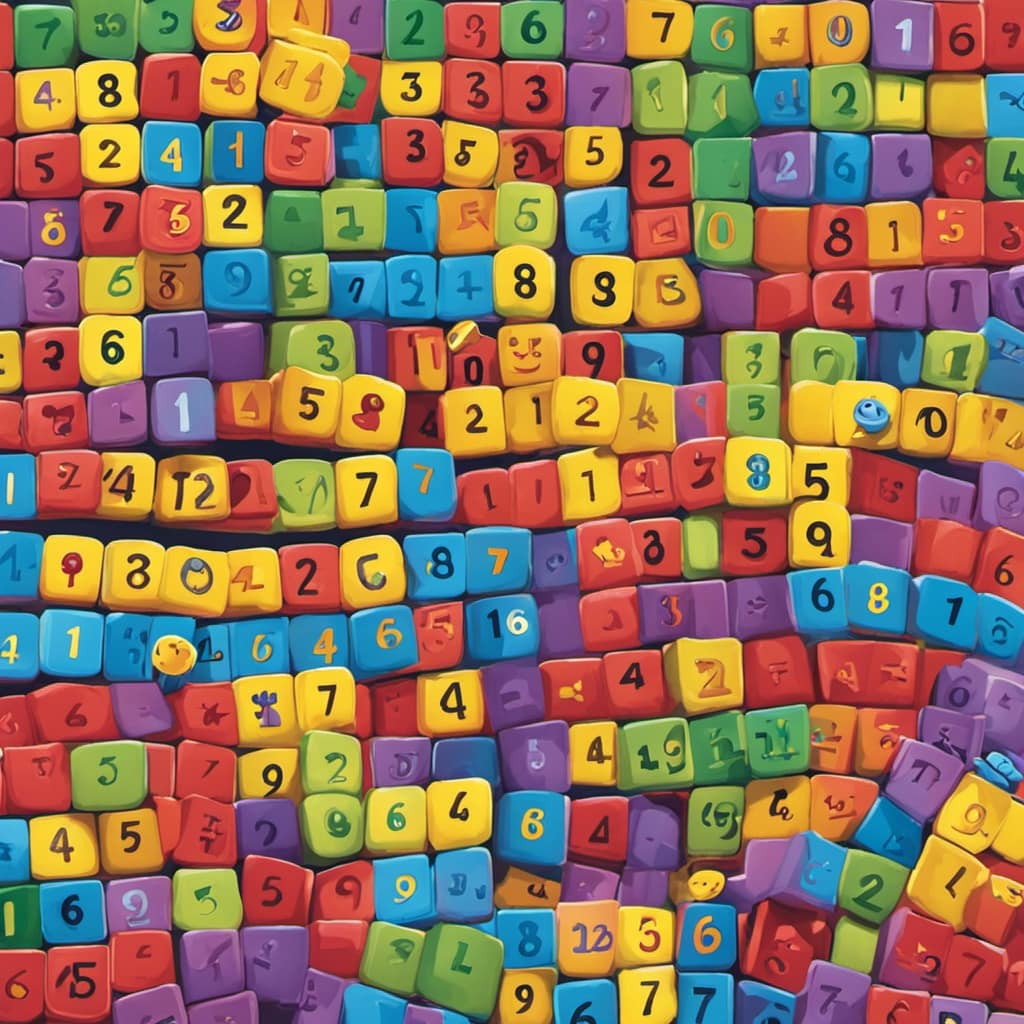
Psychological Development and Morality
Navigating right and wrong involves understanding how my emotional and psychological growth shapes my ability to differentiate between ethical choices.
Identity formation and moral values play a crucial role in this process. As I develop my sense of self and establish my values, I become more aware of what is morally right and wrong.
Additionally, emotional regulation is essential in moral decision-making. By managing my emotions effectively, I can make more thoughtful and rational choices. Emotional regulation helps me consider the consequences of my actions and think about the impact they may have on others.
Overall, my psychological development greatly influences my moral understanding. It is through this growth that I can navigate the complexities of morality and make ethical decisions.
Neurological Factors in Moral Understanding
When considering the neurological aspects of moral understanding, I recognize the importance of brain development in shaping my ability to make ethical choices. The development of my brain influences my moral decision-making processes in several ways:
-
Neurological development and moral decision-making: As my brain develops, the prefrontal cortex, responsible for moral reasoning, becomes more mature and efficient. This development allows me to engage in critical thinking when faced with ethical dilemmas.
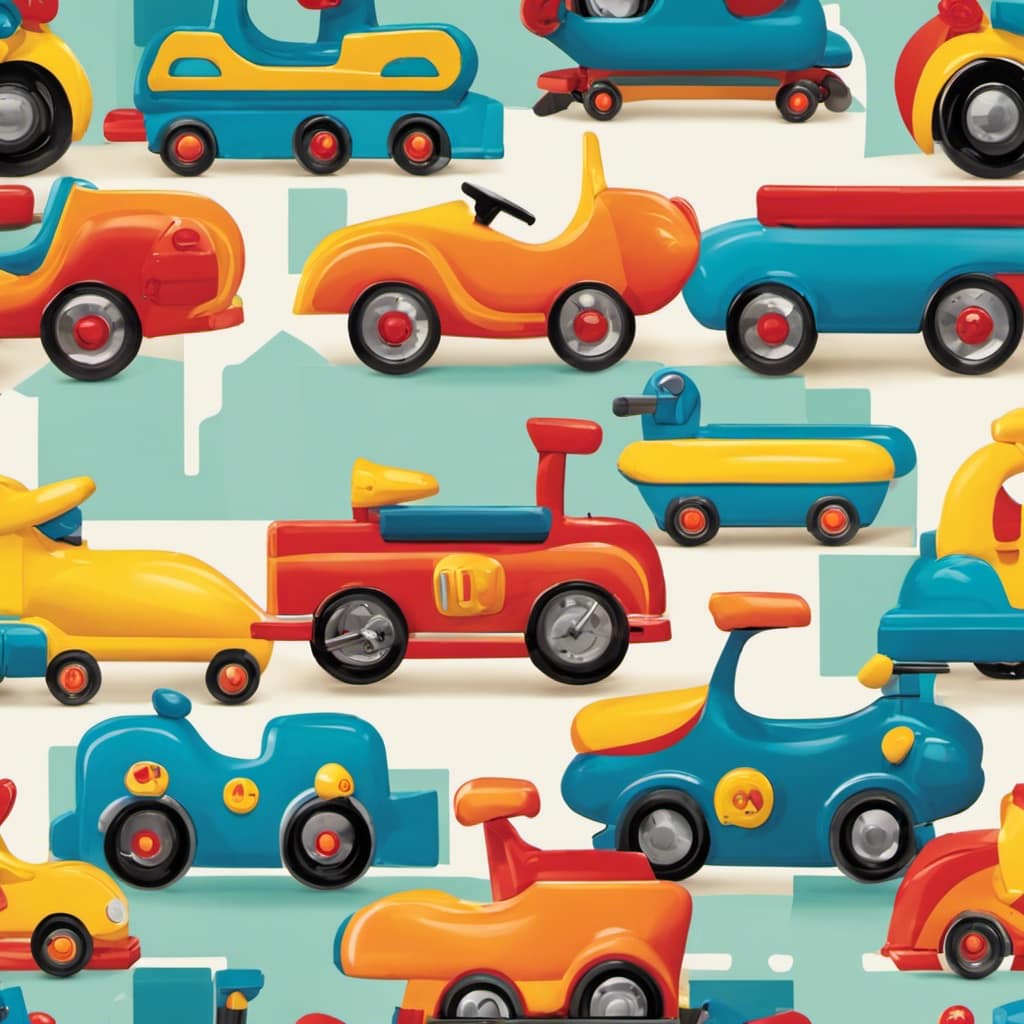
-
Brain connections and moral development: The connections in my brain related to moral development form rapidly during early childhood. These connections enable me to process and understand moral concepts, such as empathy and perspective-taking.
-
Nurturing brain development for ethical choices: Nurturing my brain development through various experiences and environmental factors can positively impact my ability to make thoughtful, ethical choices.
-
Brain development and moral reasoning: The development of my brain plays a crucial role in shaping my moral reasoning abilities. As my brain matures, I am better equipped to evaluate the consequences of my actions and develop my own moral principles based on justice and equality.
Understanding the relationship between brain development and moral reasoning provides valuable insights into the cognitive processes underlying ethical decision-making.
Nurturing Development for Ethical Decision-Making
As I nurture my brain’s growth, I can enhance my ability to make thoughtful and ethical decisions. Nurturing empathy and fostering moral values are crucial in developing a strong moral understanding.
Research has shown that teaching children values, empathy, and ethical decision-making helps them navigate social influences and develop a sense of right and wrong. By providing children with opportunities to practice empathy and engage in moral reasoning, we can shape their moral development.

Additionally, creating a supportive and nurturing environment that encourages open communication and reflection can foster the growth of moral values. It is important to recognize that moral understanding is not solely determined by neurological development, but also influenced by social, linguistic, and psychological factors.
Frequently Asked Questions
How Does Cognitive Development Contribute to a Child’s Understanding of Right and Wrong?
Cognitive development plays a crucial role in a child’s understanding of right and wrong. It helps them grasp the concepts of morality, differentiate between actions, and develop their own moral reasoning abilities.
What Are the Different Stages of Moral Reasoning Identified by Lawrence Kohlberg?
What are the different stages of moral reasoning identified by Lawrence Kohlberg? How does cognitive development contribute to a child’s understanding of right and wrong? Kohlberg’s stages of moral reasoning provide a framework for understanding how children develop their moral understanding. Cognitive development plays a crucial role in shaping a child’s understanding of right and wrong.
How Does Moral Education Shape a Child’s Moral Development?
Moral education shapes a child’s moral development by teaching values, empathy, and ethical decision-making. The role of the family and the impact of cultural values are significant factors in this process.
What Role Do Social Influences, Such as Peer Pressure, Play in Shaping a Child’s Sense of Right and Wrong?
Peer pressure and cultural norms heavily influence a child’s moral compass. Understanding social influences is crucial to navigating ethical dilemmas. Research shows that peer influence plays a significant role in shaping a child’s sense of right and wrong.
How Does Language Development Contribute to a Child’s Overall Moral Development?
Language development contributes to my overall moral development by enhancing my understanding of right and wrong. Through language acquisition, I am able to express my thoughts and needs, which leads to a deeper comprehension of moral reasoning.

Conclusion
In conclusion, the developmental factors discussed in this study have a significant impact on a child’s moral understanding.
As children progress through different stages of cognitive development, they acquire the ability to distinguish between right and wrong.
Social influences, such as peer pressure, further shape their sense of morality.
Language acquisition and psychological development contribute to a deeper understanding of the world and help children make ethical choices.
Moreover, neurological development plays a crucial role in moral reasoning.
Nurturing these developmental factors is like watering a seed, allowing children to blossom into individuals capable of thoughtful and ethical decision-making.
